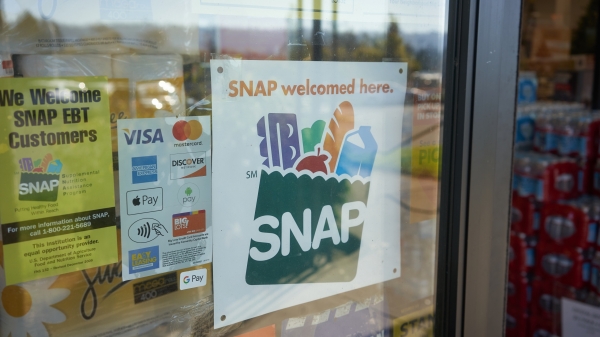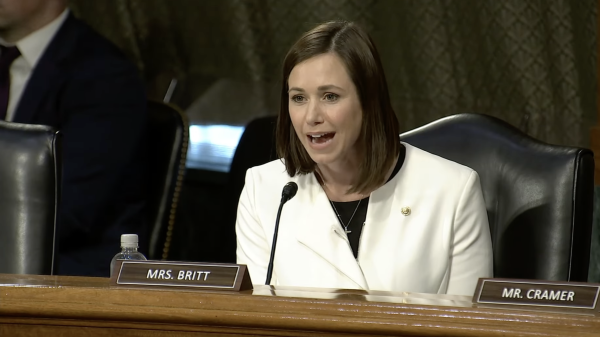By Charles Hunter
There has been much debate in recent weeks in the media and among some legislators about the merits of short term lending and how to increase the regulation of these lenders.
The debate stems from four pieces of legislation introduced in the Alabama House and Senate, primarily supported by “consumer advocates” who have never set foot in a short term lending store and who get paid to advocate. The bills offer up a number of new regulations on payday and title loan operations, which provide small cash loans extended for two weeks to 30 days to people who have urgent financial needs.
Advocates have worked hard to drum up publicity to support their legislation, holding two separate rallies at the Capital and Statehouse. In their conversations with the media and with legislators, these advocates are leaving out information that should be central to this debate: their bills would shut down the short term loan industry, eliminating an estimated 4,000 Alabama jobs.
Let me say that again: These self-appointed advocates for the “working poor” want to take legislative action that would cost Alabama over 4,000 jobs and deny access to short term loans to the over 250,00 Alabamians that use this industry for access to emergency cash.
It is important to note that this is not some sort of bluff on the part of the industry. Other states – North Carolina and Georgia to name two – have passed bills similar to those introduced against the industry here in Alabama. In both of those states, lenders closed their doors. Interestingly, North Carolina’s legislature is this year considering a bill that would bring payday lending back to the state.
All that said, the threat to Alabama jobs are not the only reason these bills are a bad idea. Two separate FDIC studies conducted in North Carolina and Georgia after short term lenders pulled up stakes indicated that consumers were not better off at all. In fact, bankruptcy rates rose and overdraft fees skyrocketed.
I accept that we don’t all agree on this issue, but I am bothered by the reality that consumer advocates have clearly buried some parts of the truth in their conversation with legislators. So, let me be clear to our elected officials: the successful passage of SB 282, SB 331, HB 426 or HB 320 would cause businesses to close, put hard working people out of work and end up costing consumers. As a bonus, these pieces of legislation would also cost the state millions by forcing the creation and monitoring of a state-owned database.
I would encourage reasonable legislators who are about jobs and fiscal responsibility to steer clear of any support of these bills.
Charles Hunters is a spokesman for Borrow Smart Alabama, a non-profit group comprised of more than 400 short term lenders in Alabama committed to the fair treatment of customers.




















































